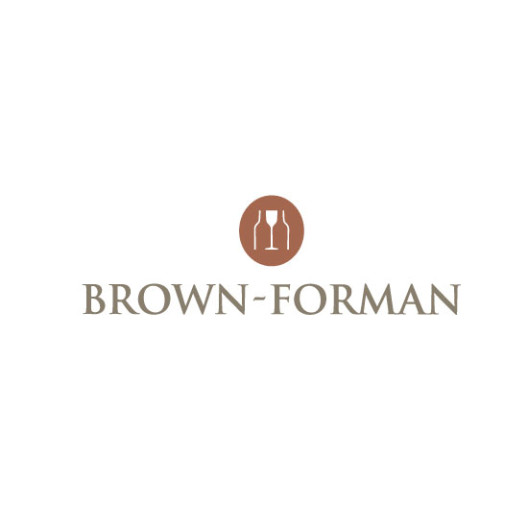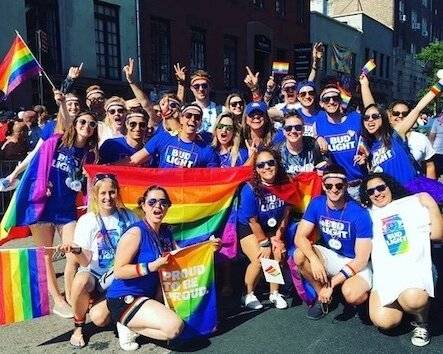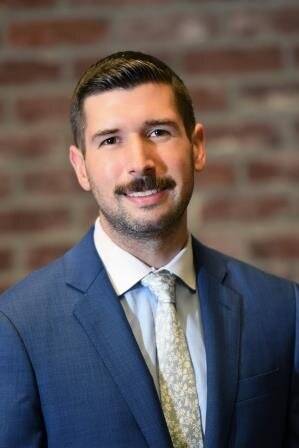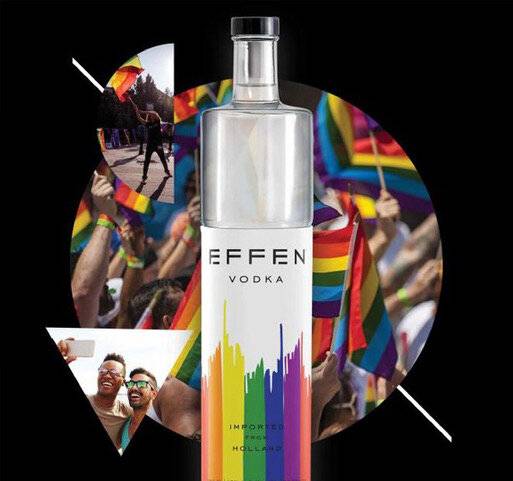
Discover 4 Alcohol Brands Leading the Way for LGBTQ Workplace Equality
Business
Every year more and more alcohol brands jump on the Pride bandwagon, marketing heavily during the month of June. But for some brands, the commitment to LGBTQ visibility and equality goes far beyond just one month in the year.

Caleb Trigo leads the Operations Team at the Old Forester in Louisville, Kentucky. A local and native, his duties include overseeing the in-house cooperage department, where the barrels for aging America’s oldest bottled bourbon brand are made as well as the bottling line itself. He’s a ten-year veteran of the company, having started as a 21-year-old college intern while studying for his degree in chemical engineering.

“At school, I originally thought I’d go into the petroleum business,” he explained in a recent interview. “But it turned out that I just love the bourbon industry.” And, counter to some preconceptions of life in the whiskey biz, Trigo also loves his husband. “There’s a picture of the two of us sitting right on my desk,” he says.
Old Forester, along with Jack Daniels, Woodford Reserve and many other liquor brands, is owned by Brown-Forman, one of four major global alcoholic beverage manufacturers—along with Anheuser-Busch, Beam Suntory, and E&J Gallo Winery—that received the highest possible score, 100, in the Human Rights Campaign (HRC) 2021 Corporate Equality Index, which measures policies and practices related to LGBTQ workplace equality.
Raina Nelson, who manages the Workplace Equality Program at HRC explains that the index, now in its 20th year, focuses on four major elements in participating companies: Workforce protections, inclusive benefits, and community engagement, both internally and externally.
“While participation is voluntary,” Nelson explains (to participate, companies must have at least 500 employees), “Once you begin participating, you have to continue and stay up to date. We do education campaigns before we change criteria, but they do evolve. A couple of years back we strengthened our criteria around transition-related medical care for trans employees.” Once a company first chooses to participate, they effectively agree to have their policies examined and validated by the program each year. A commitment to participate, says Nelson, often leads to the cultivation of corporate programs that help scores advance over time.

Caleb Trigo recalls that when was first hired at Brown Forman, “I was still in the coming out stage and I had an amazing manager—a straight manager—who connected me to the LGBTQ Employee Resource Group (ERG) here. Having company support like that definitely had an impact on my decision to stay in Louisville.”
Of the over 400 global ERG members—including allies—50 are on the steering committee and leadership team, which welcomes both salaried and hourly employees. “We also have chapters in Europe, Mexico, Brazil and Australia,” says Trigo, who now leads the group’s global steering committee. In Kentucky, the ERG lends support to the state’s legislative Fairness Campaign and has built a strong relationship with Louisville’s queer youth group, sponsoring events and providing mentorship. Internally, says Trigo, “This year’s employee Pride month is going to feature education sessions about trans rights.”
Among the most valuable contributions of queer ERGs may be their ability to influence marketing to and portrayal of the LGBTQ community in promotions and advertising. “We are asked for our input and opinion,” says Trigo. “Whether it’s about sponsoring a drag event at a bar during Pride or a major effort like the Jack Daniels ‘Live Freely’ campaign, we are consulted and we are listened to.” While many brands seek to profit from Pride, for others, true change is coming from within.

